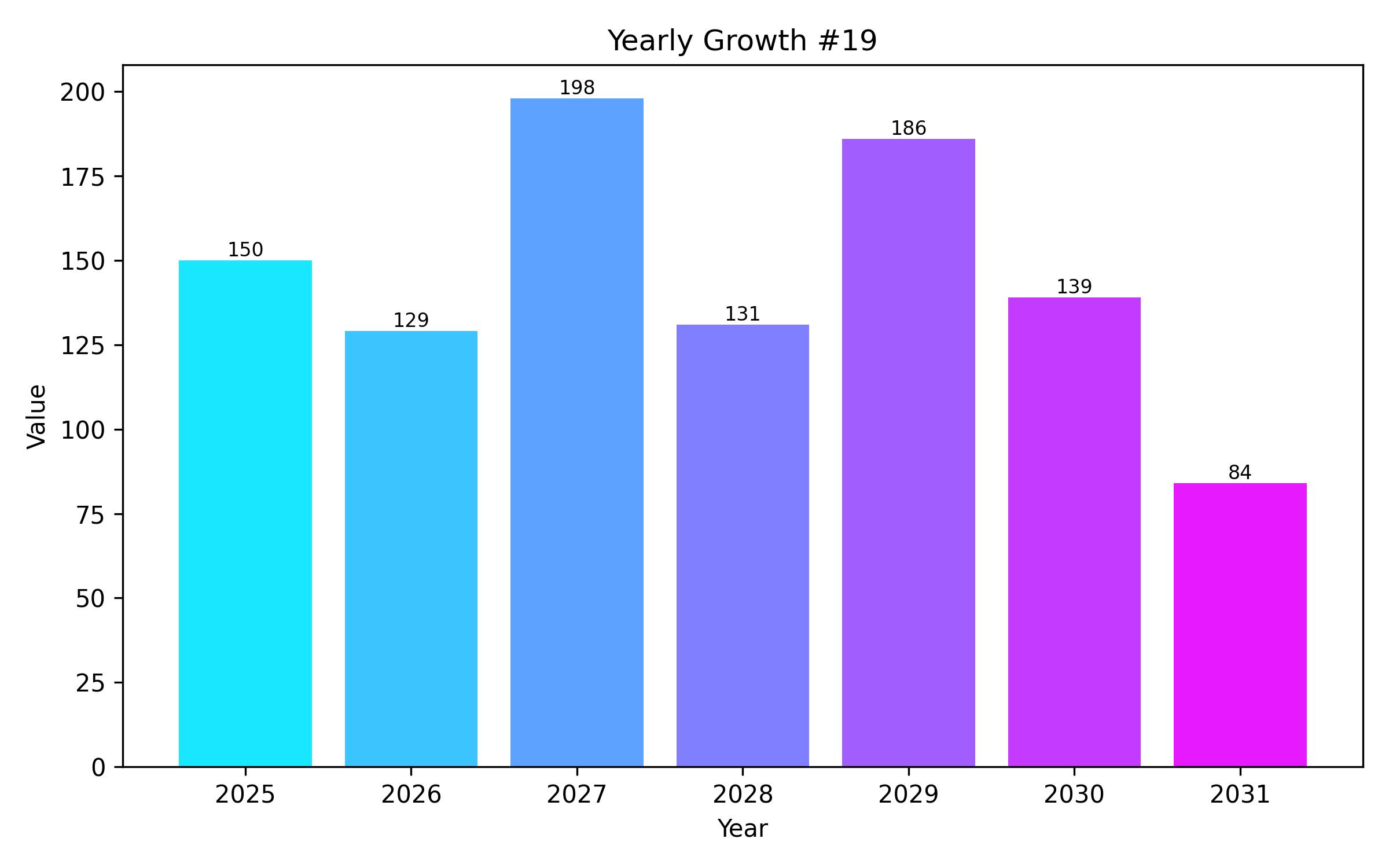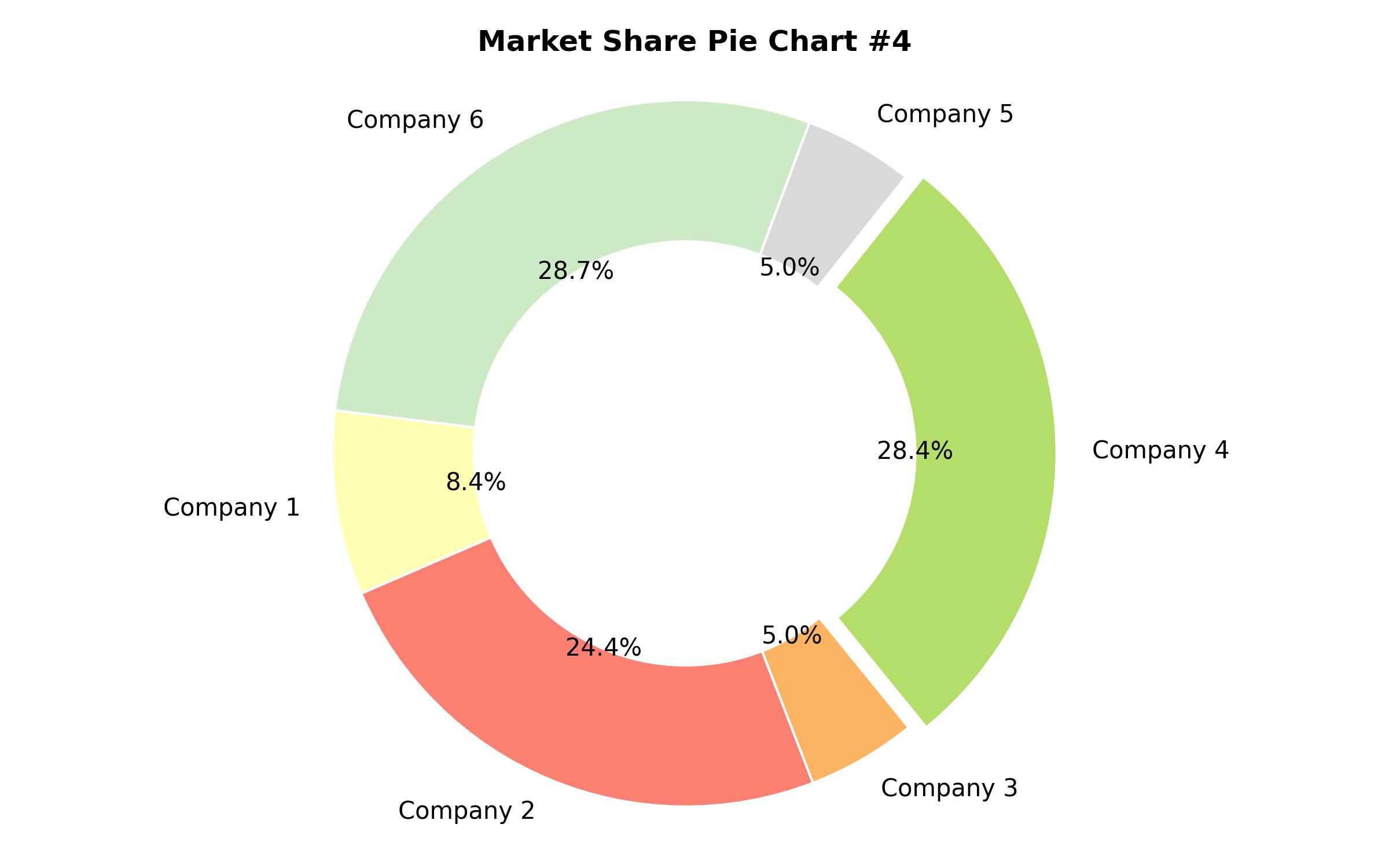Korea Baby Powder Market Assessment: Size, Share, and Emerging Trends (2025-2035)
Overview:
The South Korean market for baby powder is set to reach a valuation of USD 41.8 million in 2025. Projections indicate a growth trajectory with a 5.3% compound annual growth rate (CAGR) from 2025 to 2035, anticipating a valuation of nearly USD 69.5 million by the close of the forecast period. This expansion is influenced by a blend of demographic, cultural, and behavioral transformations impacting consumer preferences.
A key factor propelling market growth is heightened parental awareness surrounding infant epidermal care. There is a growing inclination towards gentle, hypoallergenic formulations devoid of harsh chemicals. Consumers in South Korea, who often prioritize skin health and cleanliness for themselves, are extending these principles to their children’s welfare, increasing demand for high-quality, clinically tested products.
Despite a notably low national birth rate, government initiatives and supportive policies encouraging parenthood, including financial subsidies and extended leave options, are prompting new families to invest in premium baby essentials, viewing them as indispensable rather than optional.
The rise of dual-income households is also contributing, leading to greater discretionary spending on reputable and secure infant care items. Parental purchasing decisions are increasingly shaped by peer endorsements, online parenting communities, and digital influencers, making brand integrity and online presence paramount.
Local product innovation, featuring powders derived from natural and organic sources, has bolstered consumer trust and interest. Furthermore, heightened concerns regarding common infant conditions such as diaper dermatitis and eczema have established baby powder as an essential component of infant care routines.
The proliferation of e-commerce platforms has also facilitated market expansion, offering convenience and wider access to specialized and natural baby powder variants. These coupled dynamics – a health-conscious parenting approach, improved affordability, digital influence, and product innovations – are collectively propelling the growth of the South Korean market, notwithstanding the persistent challenge of a low birth rate.

| Report Attribute | Details |
|---|---|
| Market Size in 2025 | USD 41.8 million |
| Revenue Forecast for 2035 | USD 69.5 million |
| Growth Rate (CAGR) | 5.3% from 2025 to 2035 |
| Base Year for Estimation | 2024 |
| Historical Data | 2019 – 2024 |
| Forecast Period | 2025 – 2035 |
| Quantitative Units | Revenue in USD million and CAGR from 2025 to 2035 |
| Report Coverage | Revenue forecast, company market share, competitive landscape, growth drivers, and trends |
| Covered Segments | Ingredient, Price, Nature, Sales Channel, and Region |
| Regional Scope | Seoul, Busan, Incheon, Daegu, Gwangju, Daejeon, Ulsan, Rest of South Korea |
| Country Scope | South Korea |
| Key Companies Analyzed | Johnson & Johnson, Kimberly-Clark Corp, Libero, Lion Corporation, Mamaearth, Mann & Schröder GmbH, Mee Mee, Mothercare, Oriflame Holding AG, Osotspa Company Limited |
| Customization Options | Free report customization (up to 8 analysts working days) with purchase. Changes to country, regional, and segment scope |
| Pricing and Purchase Options | Customizable purchase options for tailored research needs |

Report Coverage & Deliverables
- Market Trends And Dynamics
- Competitve Benchmarking
- Historical data and forecasts
- Value/Volume analysis
- Company revenue shares and key strategies
- Regional opportunities
This is an indicative segmentation. Please request a sample report to see detail segmentation of this market.
Detailed Market Segmentation
- By Ingredient
- Corn Starch
- Talc
- Other Natural Ingredients
- By Price
- Premium
- Mid-Range
- Mass Market
- By Nature
- Conventional
- Organic
- By Sales Channel
- Online Stores
- Supermarkets/Hypermarkets
- Specialty Stores
- Pharmacy & Drug Stores
- Convenience Stores
- By Region
- Seoul
- Busan
- Incheon
- Daegu
- Gwangju
- Daejeon
- Ulsan
- Rest of South Korea
Table of Content
- Executive Snapshot
- Industry Overview
- Key Market Dynamics
- Growth Impellers
- Market Size Analysis 2019 to 2024 and Outlook 2025 to 2035
- Price Point Assessment
- Market Value (USD Million) & Volume Analysis 2019 to 2024 and Forecast 2025 to 2035
- Industry Ecosystem
- Market Decomposition by Ingredient
- Corn Starch-Based Powders Analysis
- Talc-Based Powders Analysis
- Other Natural Ingredient Powders Analysis
- Market Decomposition by Price Segmentation
- Premium Category Analysis
- Mid-Range Category Analysis
- Mass Market Category Analysis
- Market Decomposition by Product Nature
- Conventional Products Analysis
- Organic Products Analysis
- Market Decomposition by Sales Channel
- Online Retail Analysis
- Supermarket & Hypermarket Distribution
- Specialty Store Outlets
- Pharmacy & Drugstore Sales
- Convenience Store Presence
- Geographic Landscape Analysis
- Seoul Market Overview
- Busan Market Dynamics
- Incheon Market Trends
- Daegu Market Insights
- Gwangju Market Analysis
- Daejeon Market Evaluation
- Ulsan Market Assessment
- Market Landscape in Rest of South Korea
- Competitive Intelligence
- Company Profiles
- Strategic Recommendations
- Concluding Remarks
- Research Methodology
- Assumptions and Definitions
